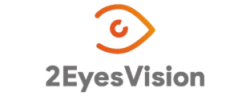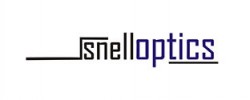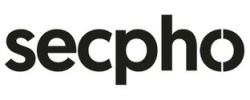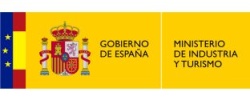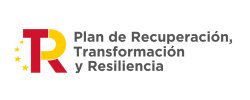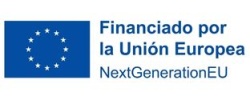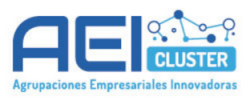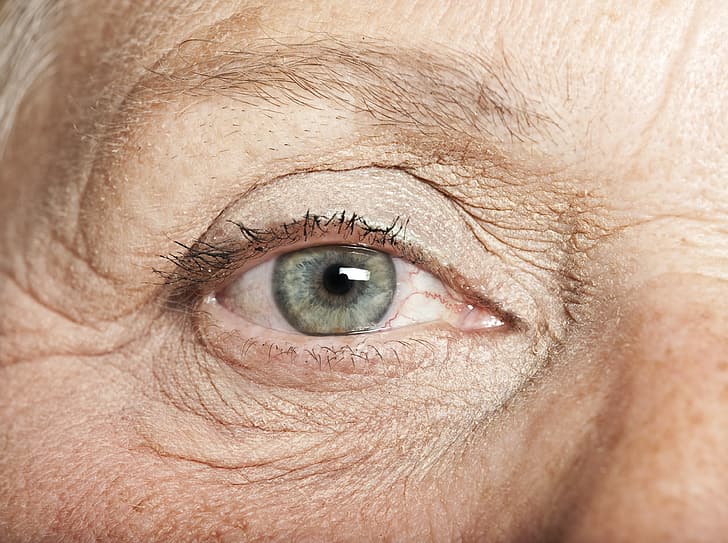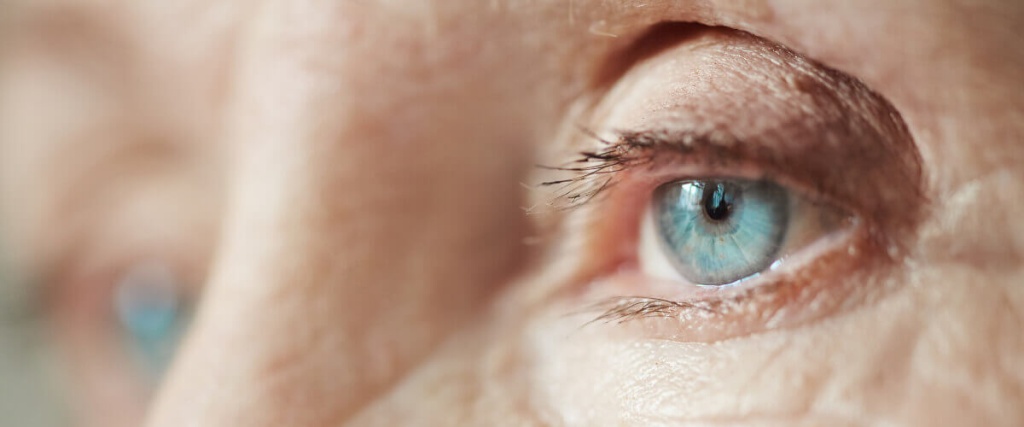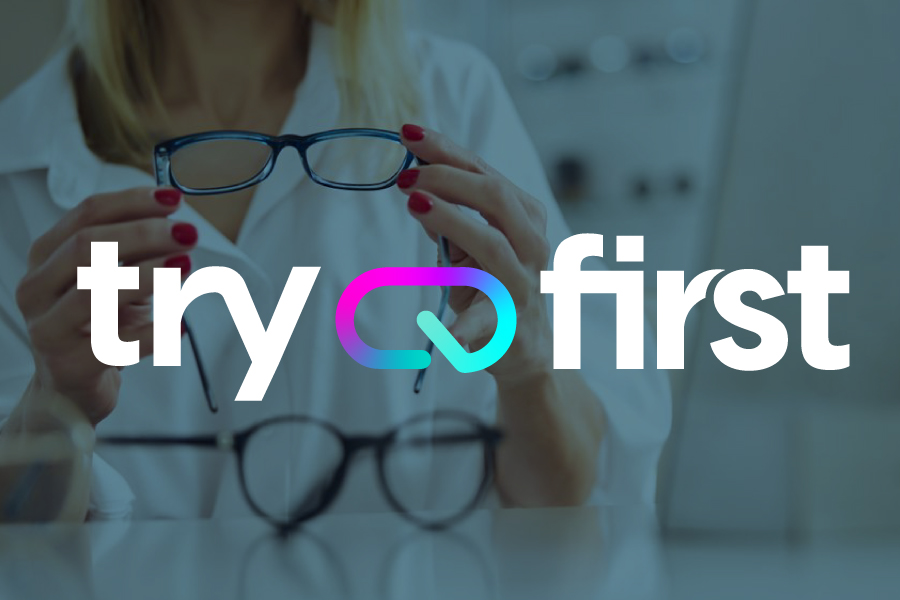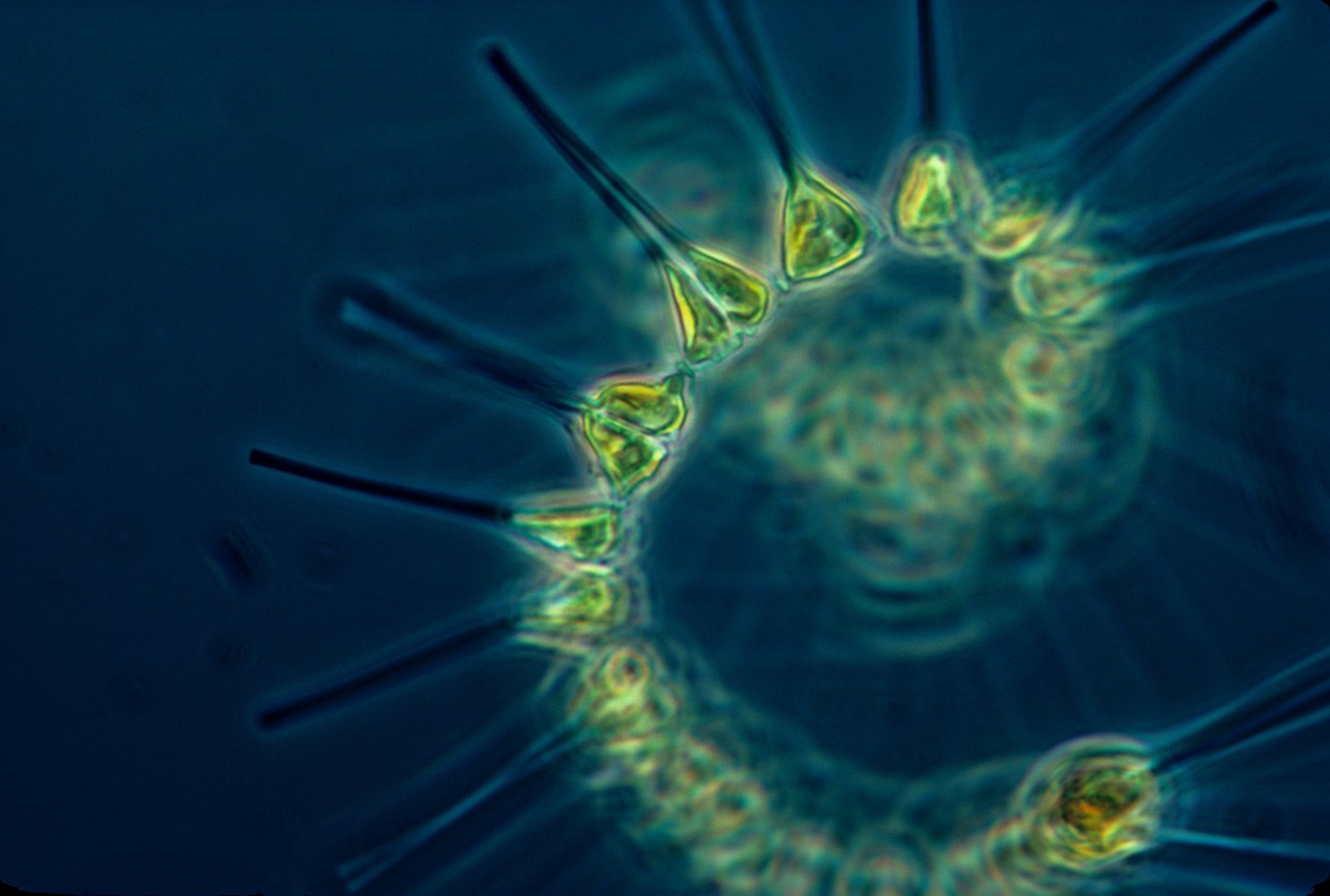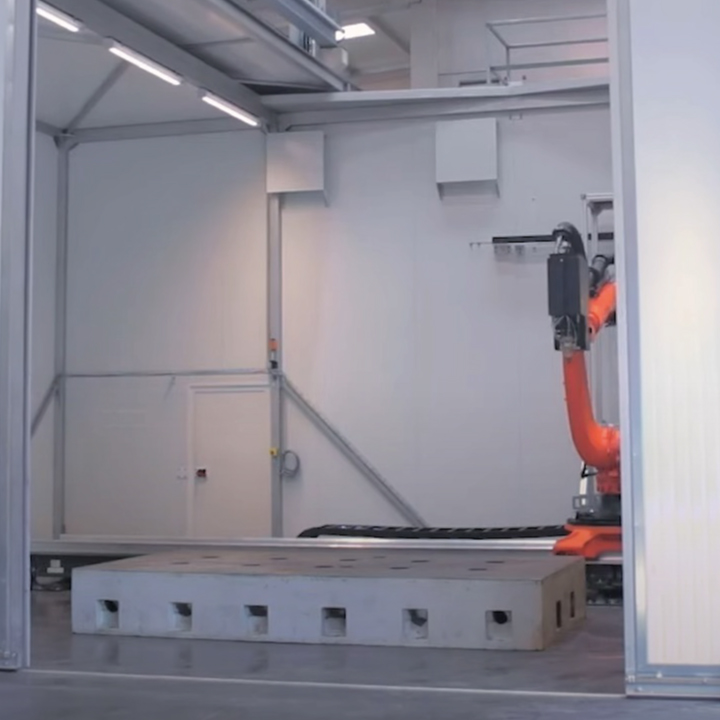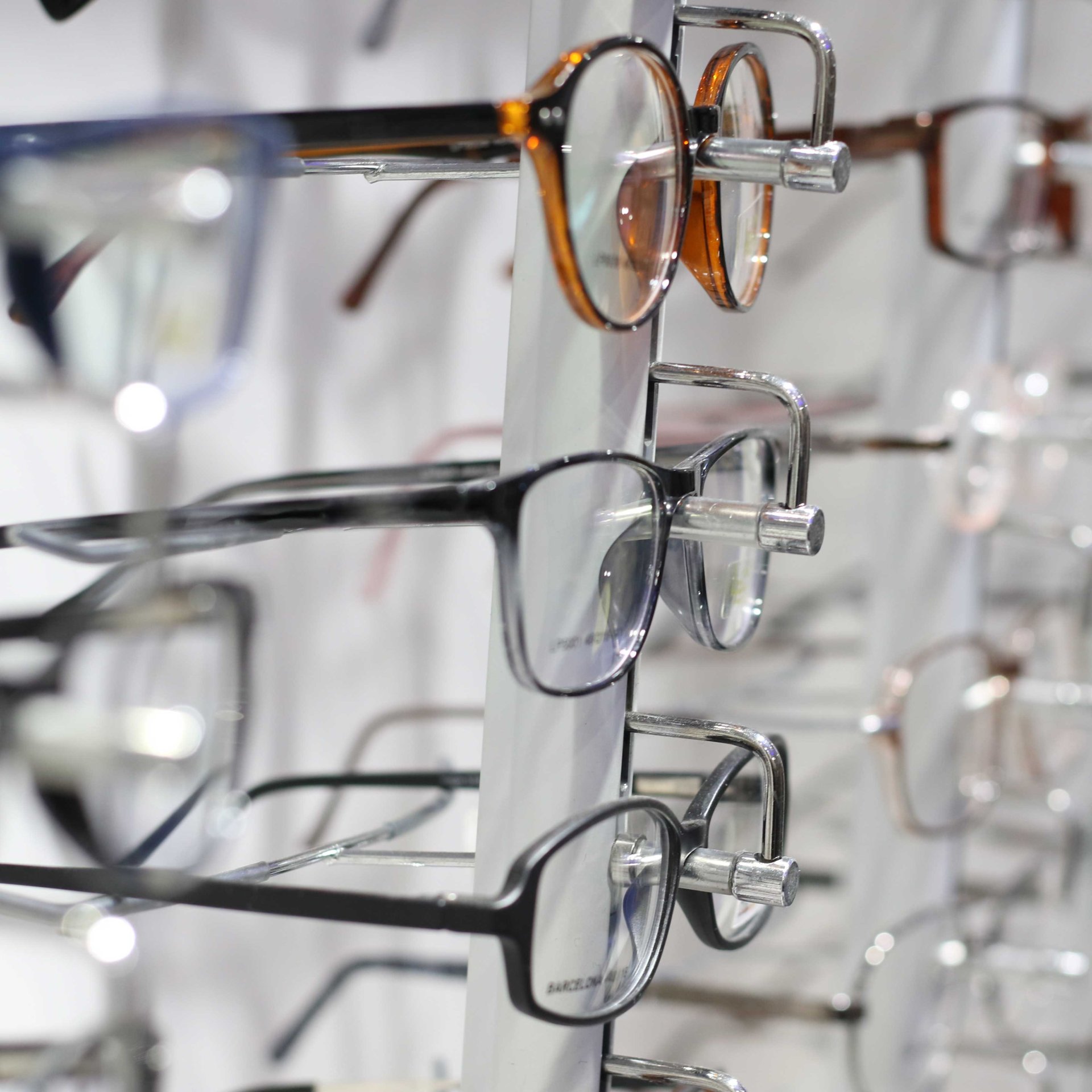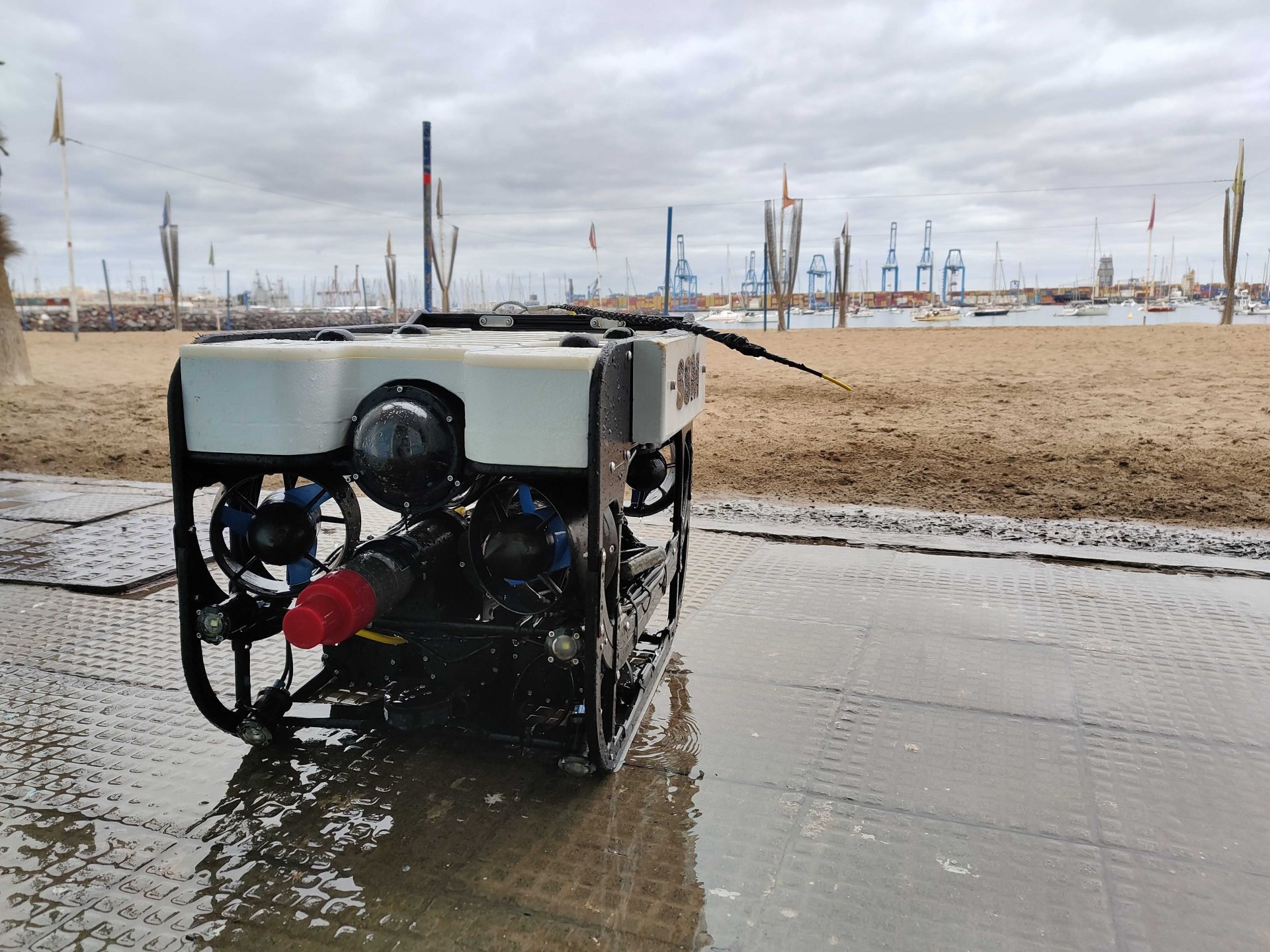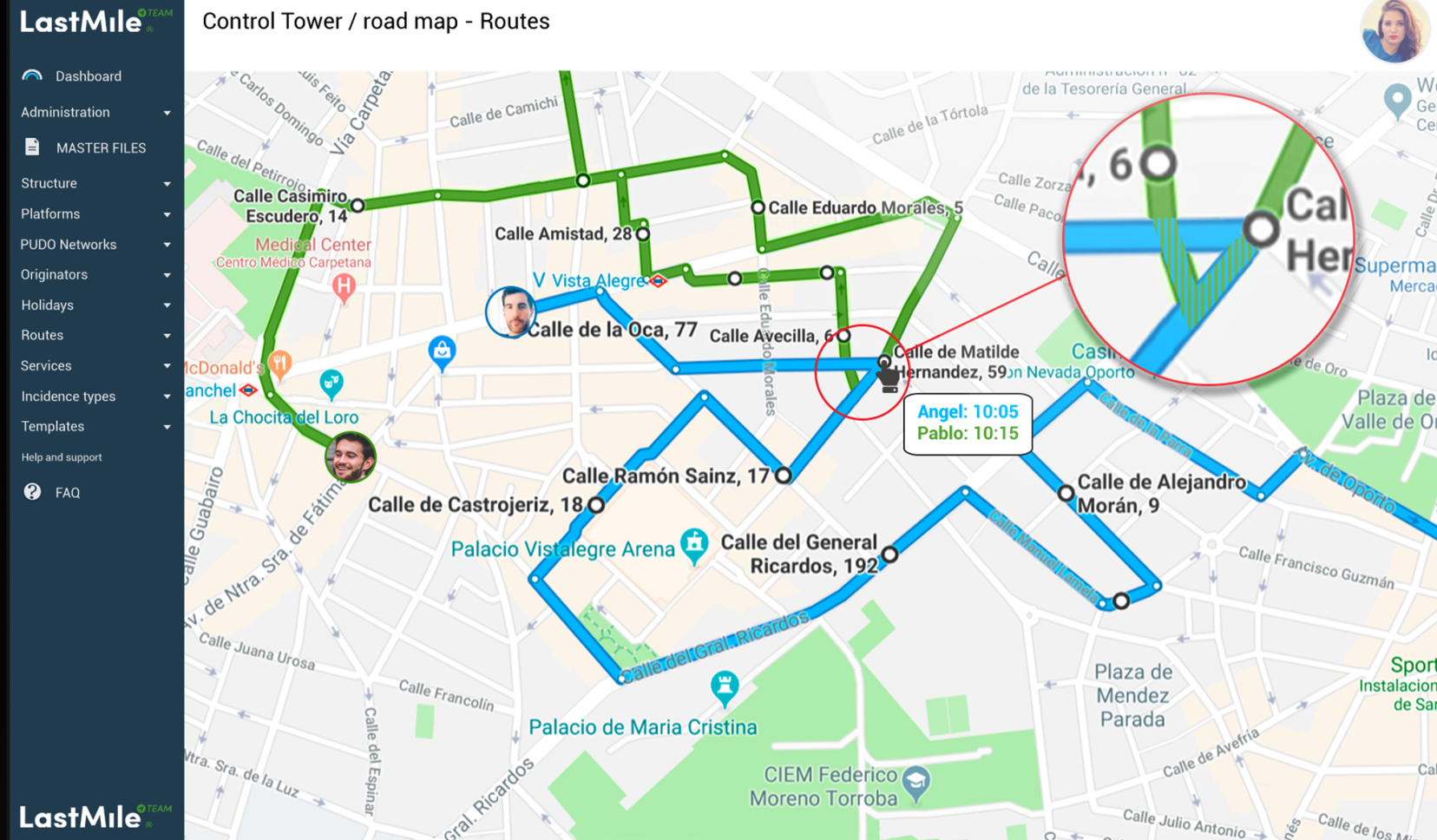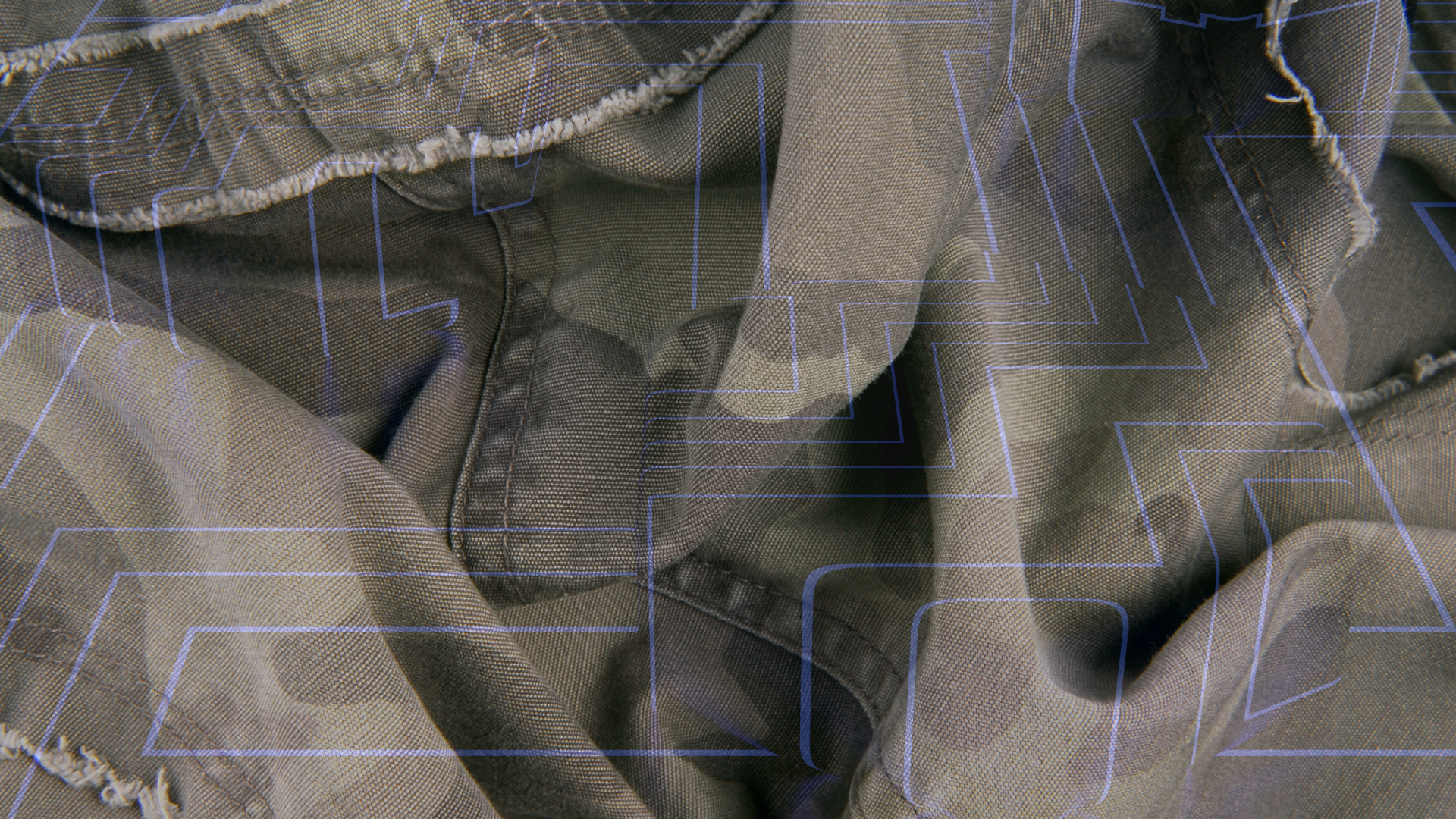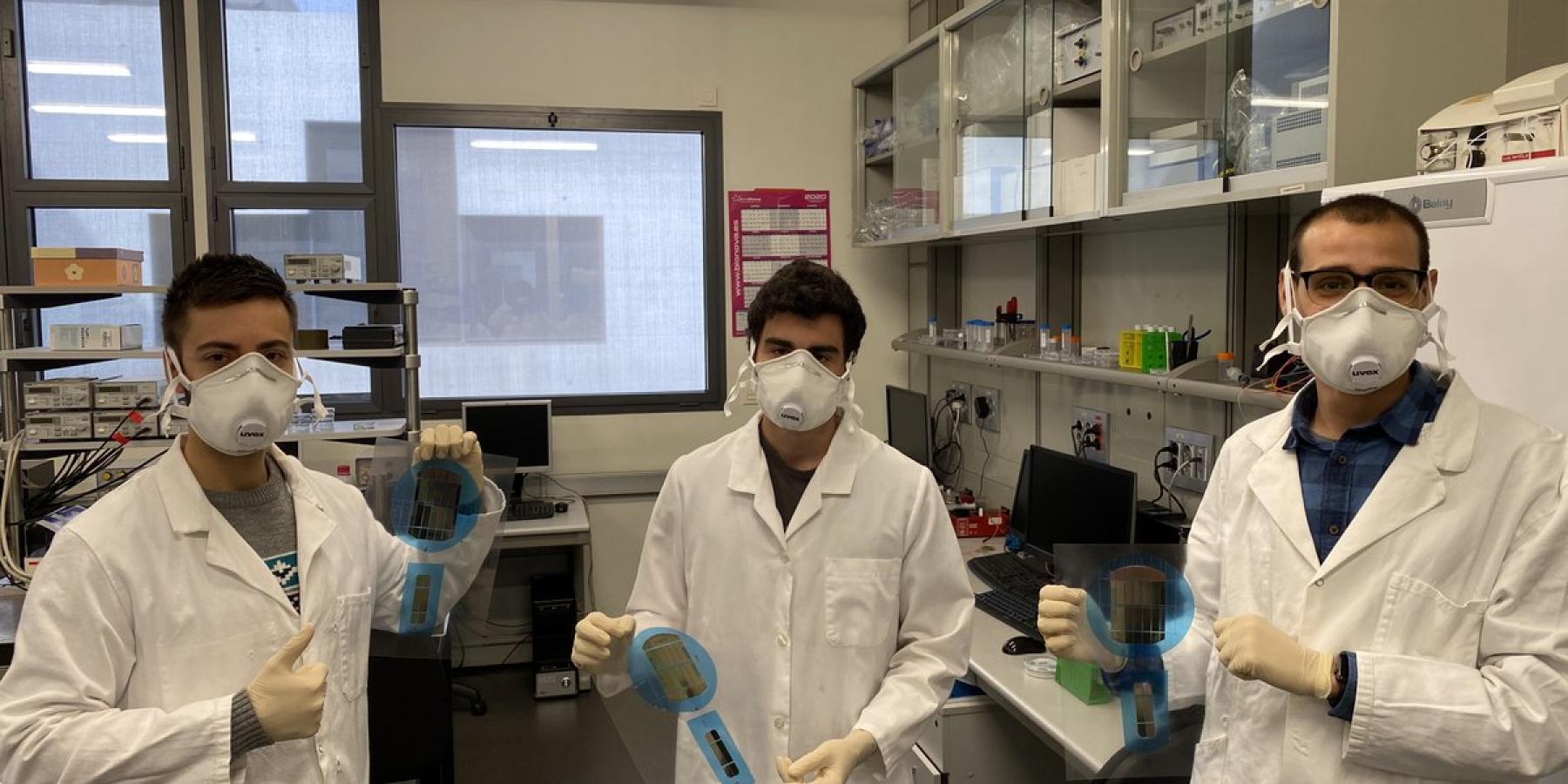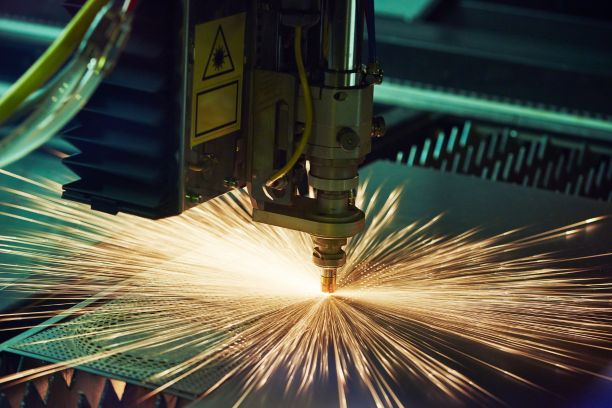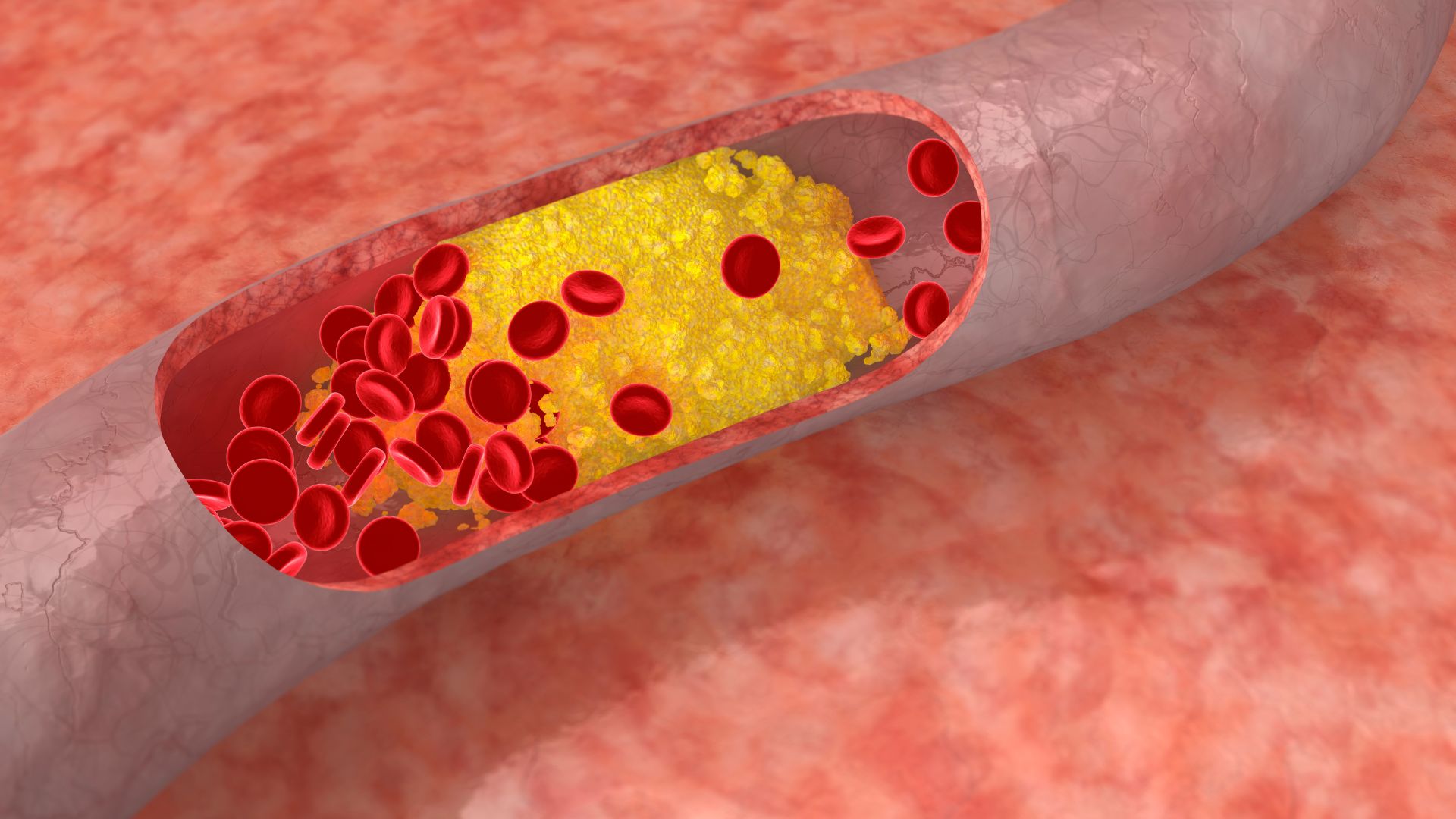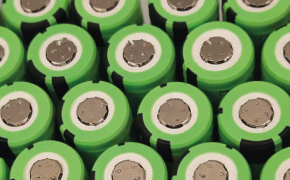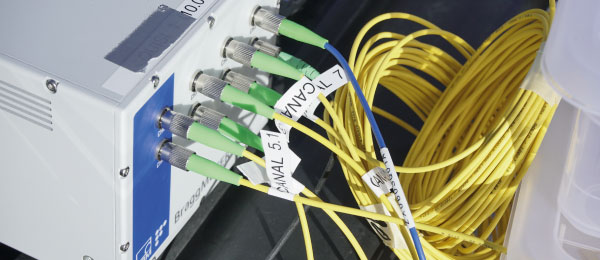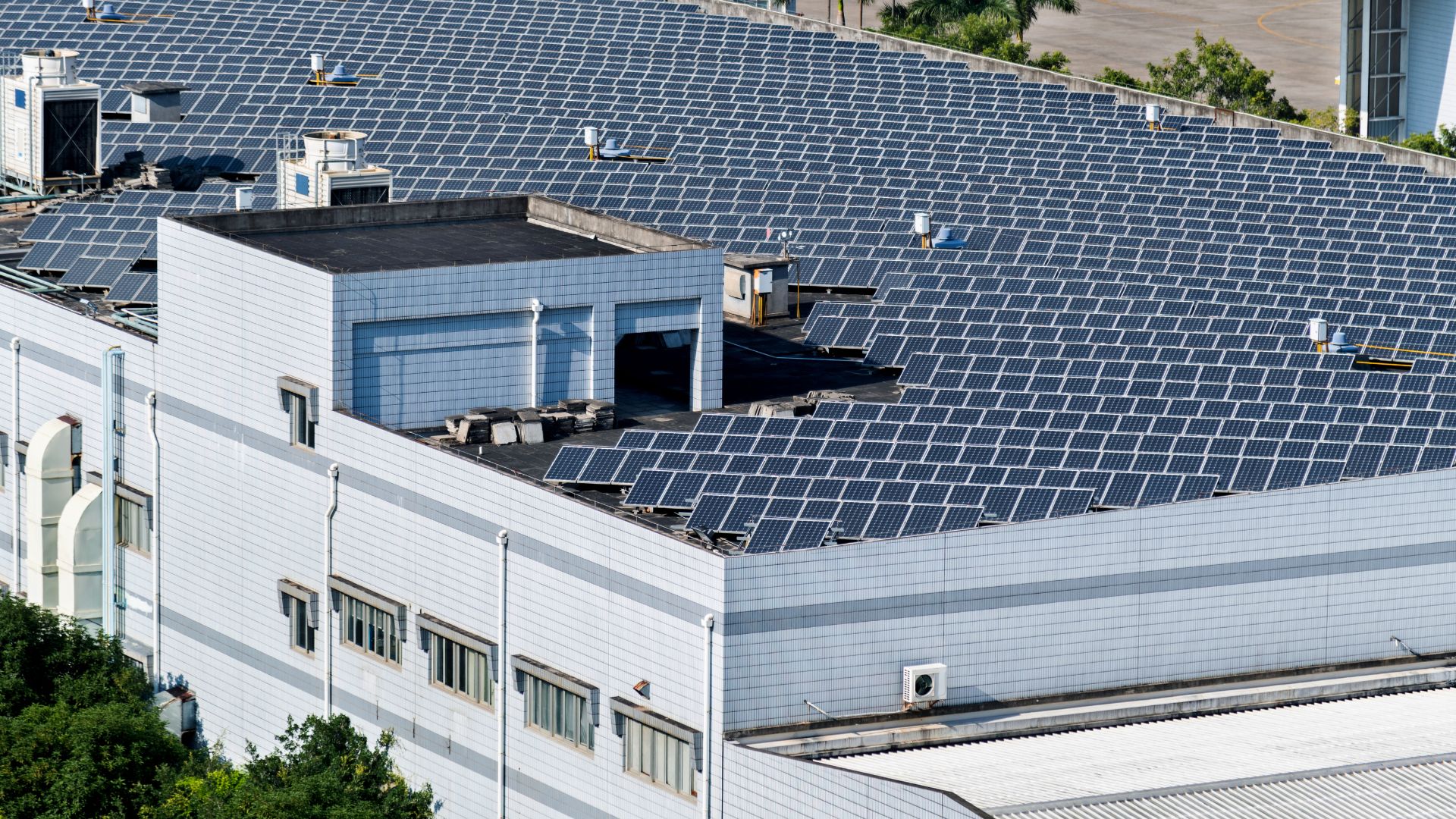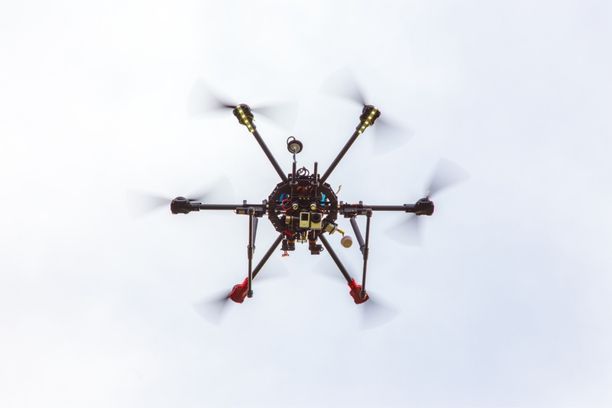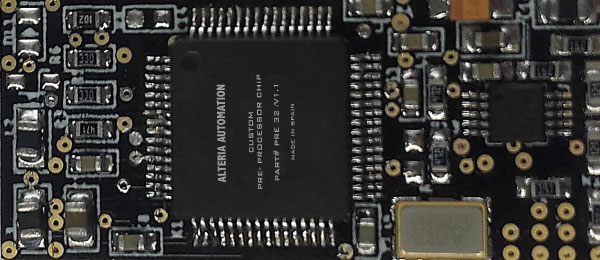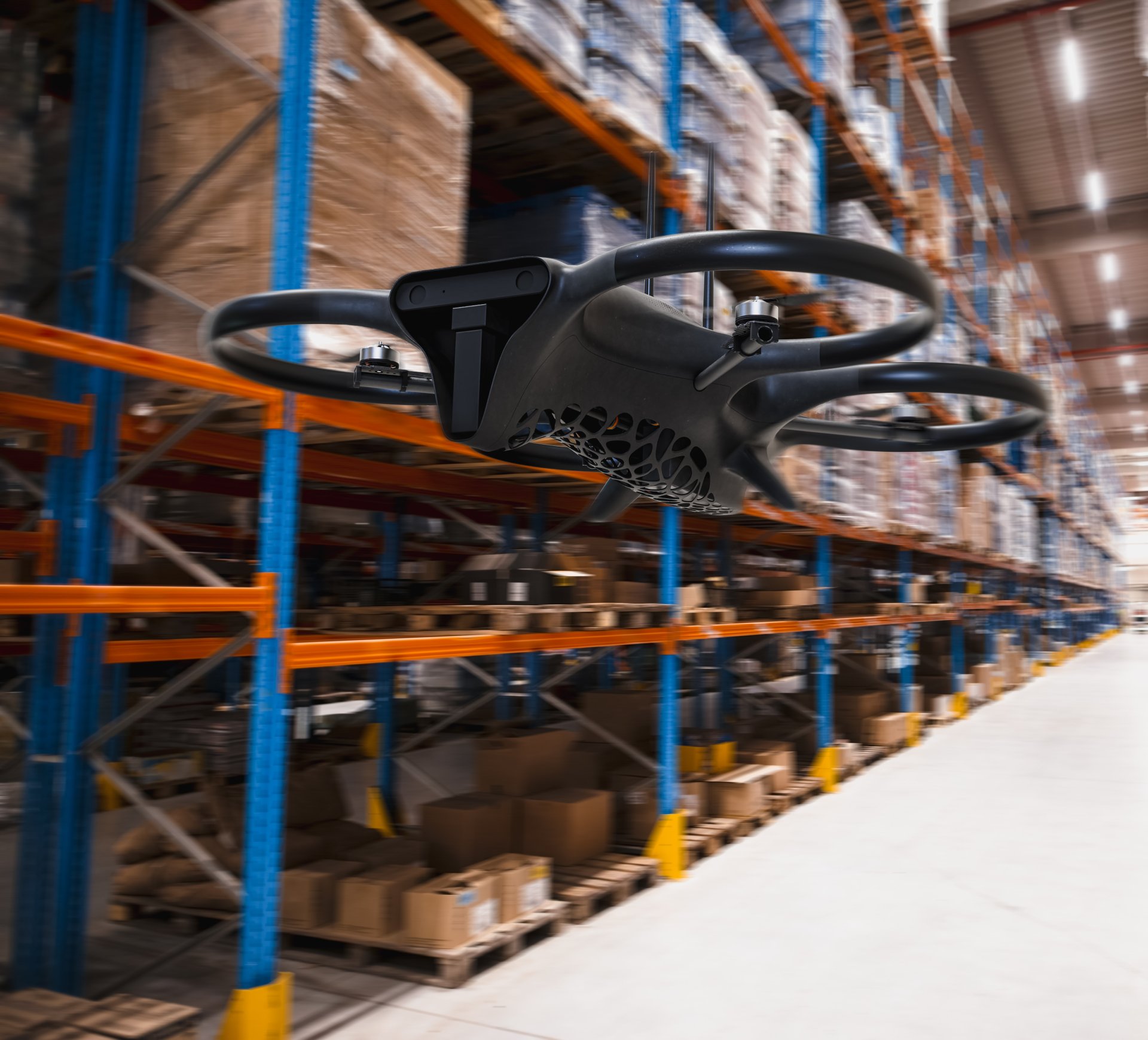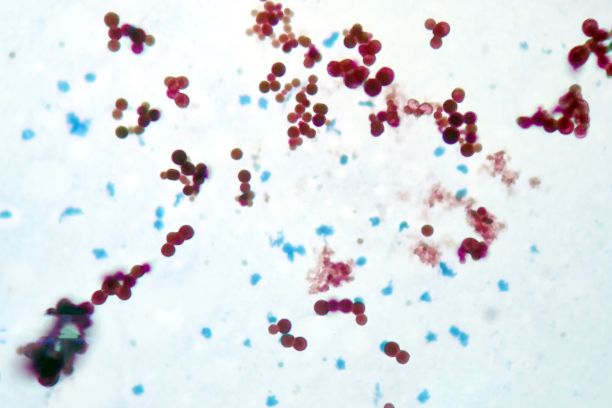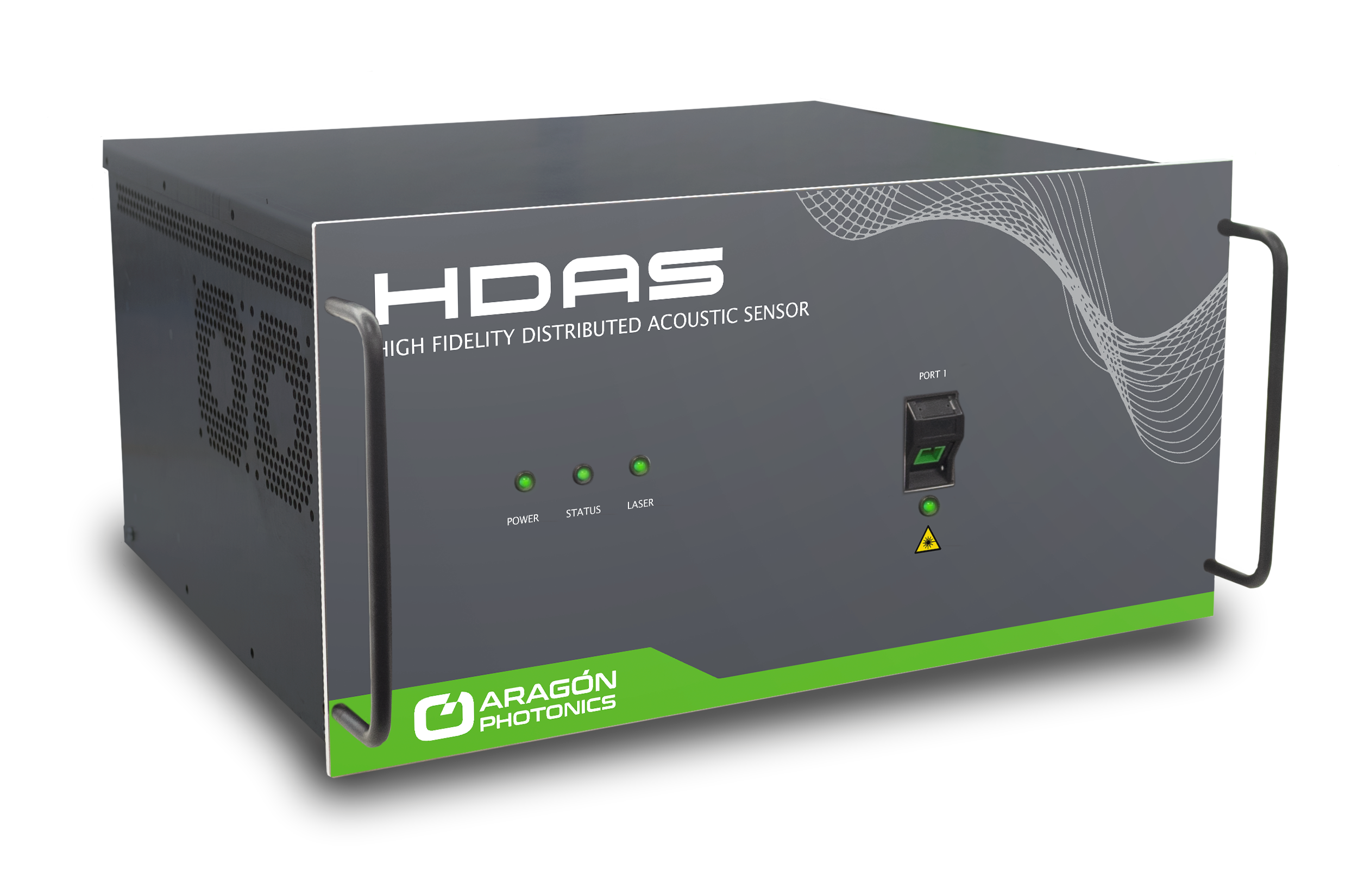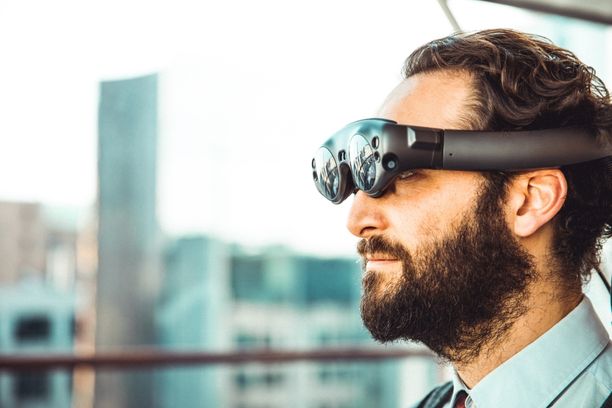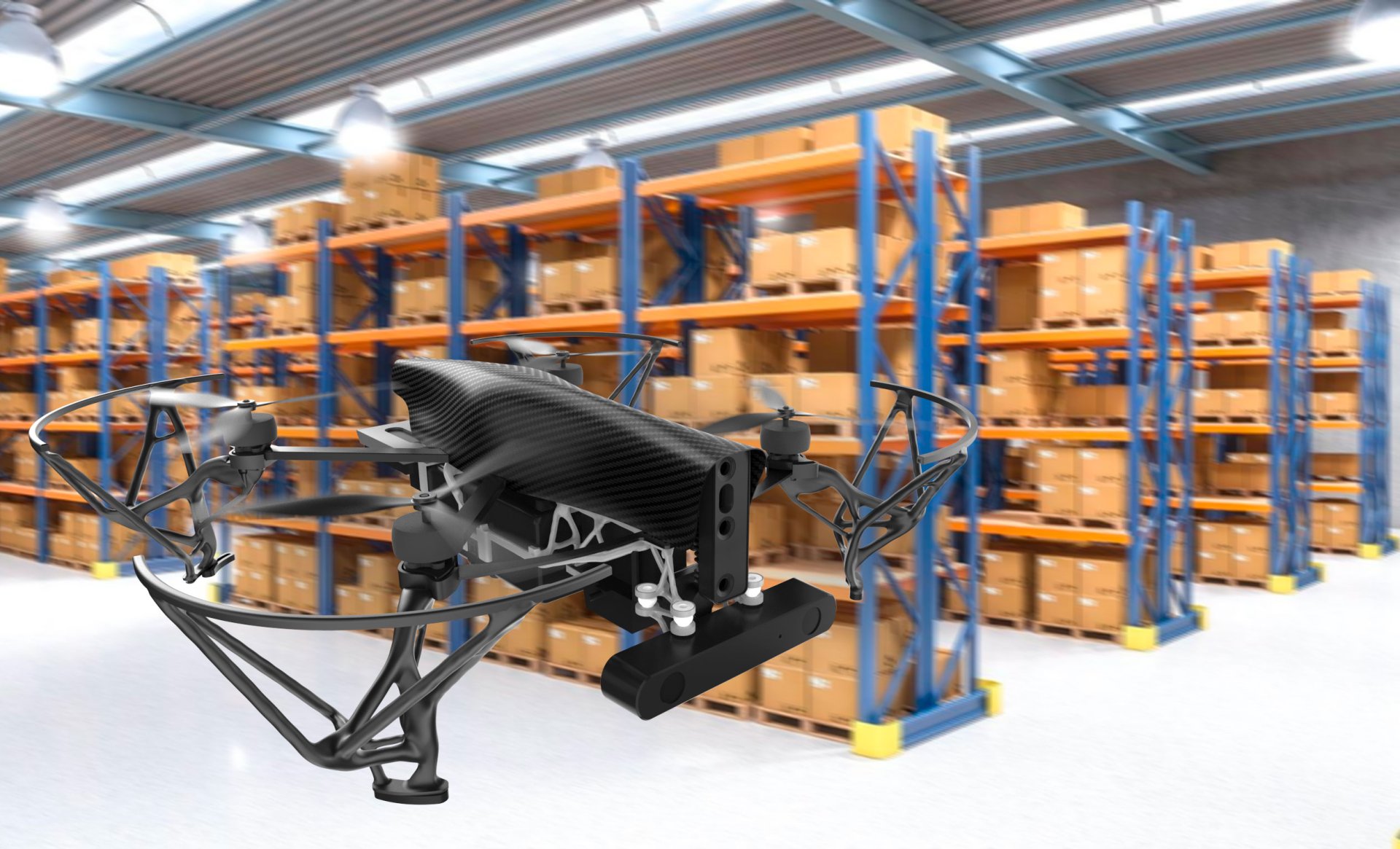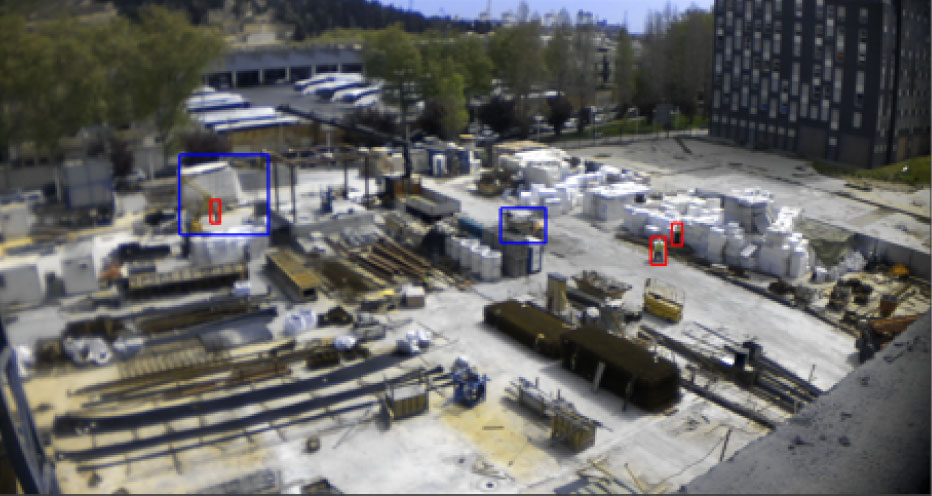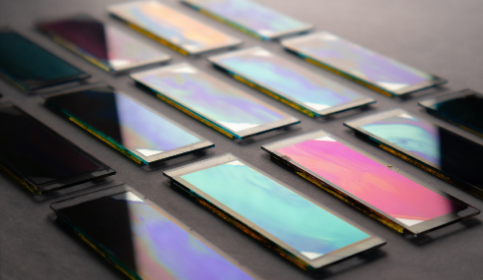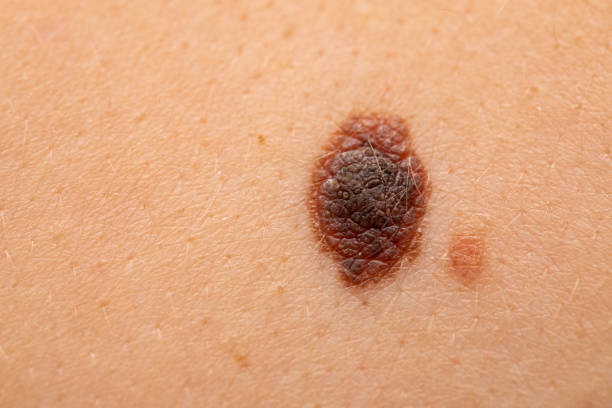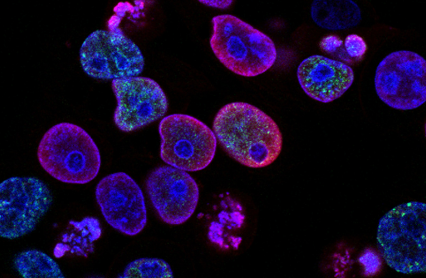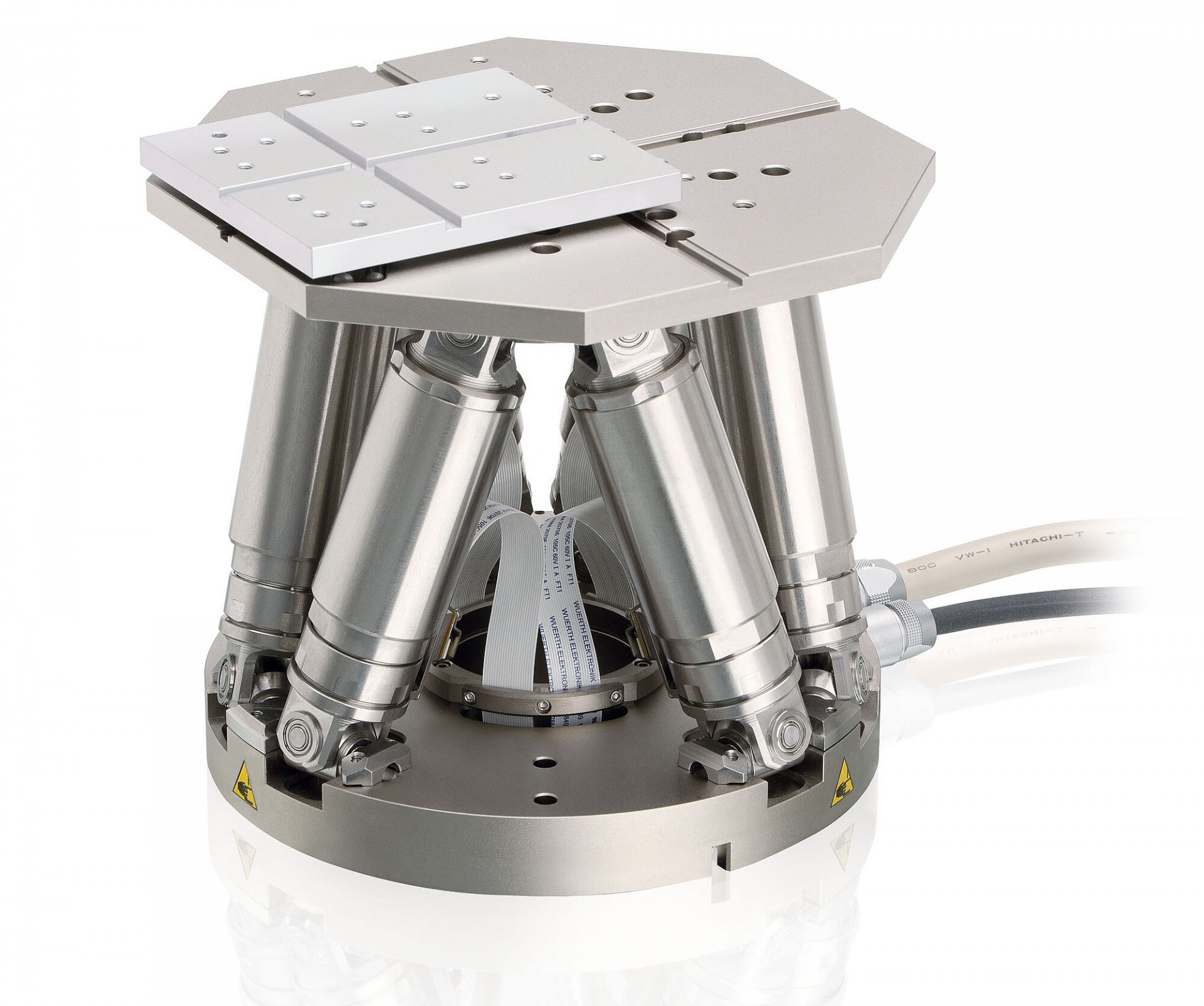TRY FIRST COMPACT
Optical demonstrator for immediate experience of progressive lenses
This new system will allow users to evaluate different progressive lens designs in real time, identifying the most suitable option before making a purchase.
TRY FIRST COMPACT is the collaborative technological innovation project to be developed by the companies 2EyesVision, SnellOptics, INDO and Stimulo Design, with the coordination of secpho. It is the second phase of the TRY FIRST project.
The initiative has received funding from the Ministry of Industry, Trade and Tourism corresponding to Next Generation EU funds, canalised through the support programme for Innovative Business Groups, whose objective is to digitalise industry.
With 1.8 billion people affected by presbyopia worldwide, the project has the potential to transform the progressive lens value chain.
Presbyopia, a phenomenon related to the loss of visual focusing ability with age, affects 98% of the population after the age of 65. Adaptation to progressive lenses is often problematic, with 5% of wearers experiencing discomfort such as headache, vertigo and blurred vision.
In an effort to address the challenges of fitting progressive ophthalmic lenses, the TRY FIRST COMPACT project will develop an innovative prototype that will transform the experience of presbyopic wearers when selecting their progressive lenses. The major challenge is to develop a tool that will enable wearers to select the lens design best suited to their needs, reliably and easily, before manufacturing their lenses.
With this need, the SPECTROMEAT project was born, which seeks to develop a sensor based on emerging technologies, such as NIR and fluorescence spectroscopy, to measure water and moisture activity in sausages non-destructively and in real time to detect Listeria.
The new system will allow users to evaluate different progressive lens designs in real time, identifying the most comfortable option before making a purchase.
To this end, the device will be very simple to use, without the need for a screen or control device, since the user will be able to observe his or her natural environment through different progressive corrections. The device will be accompanied by an application connected to a server, which will collect data, process them and establish communication with the manufacturer of progressive ophthalmic lenses for their immediate manufacture and delivery to the optometric center.
This process goes beyond the simple transmission of information on the selected lens, since the analysis of the data on the different tests performed on the corrections tested, the anonymized data on the patient’s profile (age, refraction, visual needs…) and the final choice of the lens, will benefit the entire value chain (lens designers, lens manufacturers, optometrists…) by providing greater knowledge of the most appropriate solutions based on the patient’s characteristics.
The project proposes a compact head-mounted demonstrator based on patented technology.
The main benefits of this technological development are the improvement in the adaptation and management of expectations of progressive lens wearers, time and cost savings for patients and optometrists, and the contribution to sustainability by reducing the return of non-adapted lenses. Thus, this progressive lens demonstrator will open a new way of commercialization and customization of this type of lenses, which will be validated on volunteer subjects in a proof of concept during which a direct connection will be established between the points of sale and the lens manufacturer, providing an important contribution of value.
In summary, the project represents a bold step towards revolutionizing the selection and fitting of progressive lenses, offering a unique and effective solution to a global problem.

